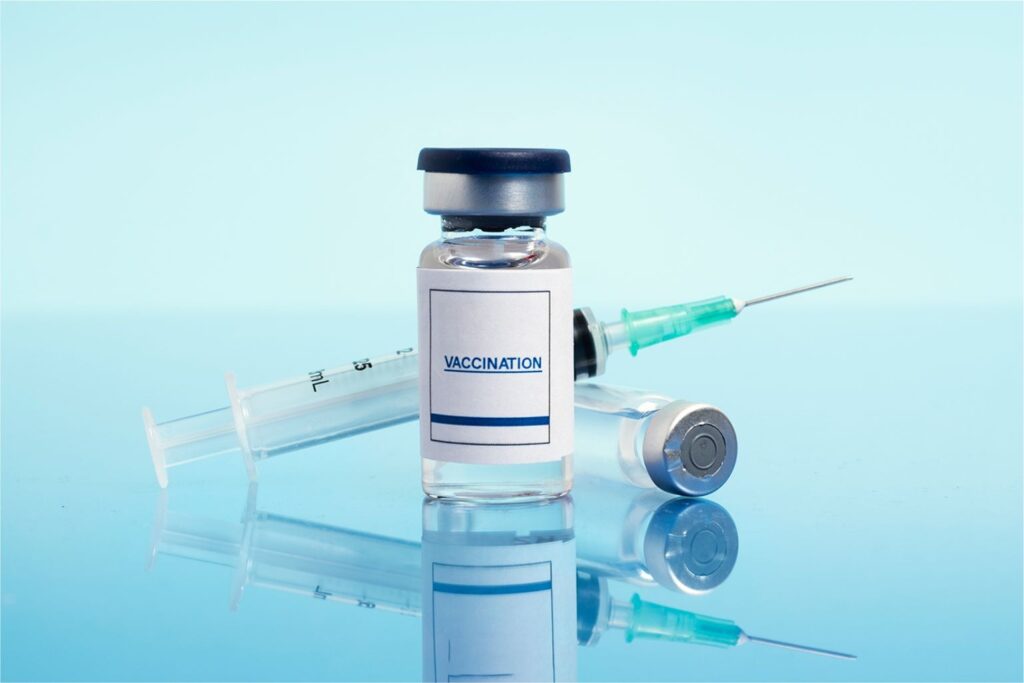
A long-settled debate over thimerosal, a mercury-based preservative used in some flu vaccines, returned to the spotlight as vaccine advisers appointed by US Health Secretary Robert F. Kennedy Jr. urged its removal from all remaining immunisations, despite scientific evidence affirming its safety.
Health officials now fear that the controversy could reignite vaccine hesitancy at a time when public trust in health institutions remains fragile.
What is thimerosal?
Thimerosal has been used since the 1930s to prevent bacterial contamination in multi-dose vials of vaccines. It contains ethylmercury, a compound different from methylmercury, the form associated with seafood toxicity. Ethylmercury is processed and eliminated by the body more easily, and extensive studies have found no evidence of harm from its use in vaccines.
Also Read | Ditch the BMI? Study recommends a better tool to measure health risk
Which vaccines use thimerosal?
According to CDC data, 96% of flu shots distributed in the US last season were thimerosal-free. Thimerosal was largely phased out of childhood vaccines in the United States starting in 2001.
Today, the only routine vaccines that may still contain thimerosal are some multi-dose formulations of the flu shot, most of which are administered to adults.
Why is there a controversy about thimerosal?
At Thursday’s meeting, Kennedy’s panel, which included Lyn Redwood, a longtime critic of vaccines and past president of an anti-vaccine group, called for eliminating the preservative from all flu shots. Redwood claimed it poses risks, especially for pregnant women, and reiterated concerns that thimerosal may be linked to neurodevelopmental issues like autism.
However, these claims contradict decades of scientific research. A CDC staff analysis prepared for the meeting reaffirmed that there is no credible evidence linking thimerosal to autism or other developmental disorders.
World Health Organization’s take on thimerosal?
“Thimerosal has been reviewed multiple times by multiple agencies, including WHO, and it’s clear from the evidence that there is no evidence of harm from the use of thimerosal,” Dr. Katherine O’Brien from the WHO said.
While the preservative remains in use in some vaccines internationally, the scientific consensus remains clear: thimerosal is safe, effective, and poses no known health risks in the amounts used in vaccines.








